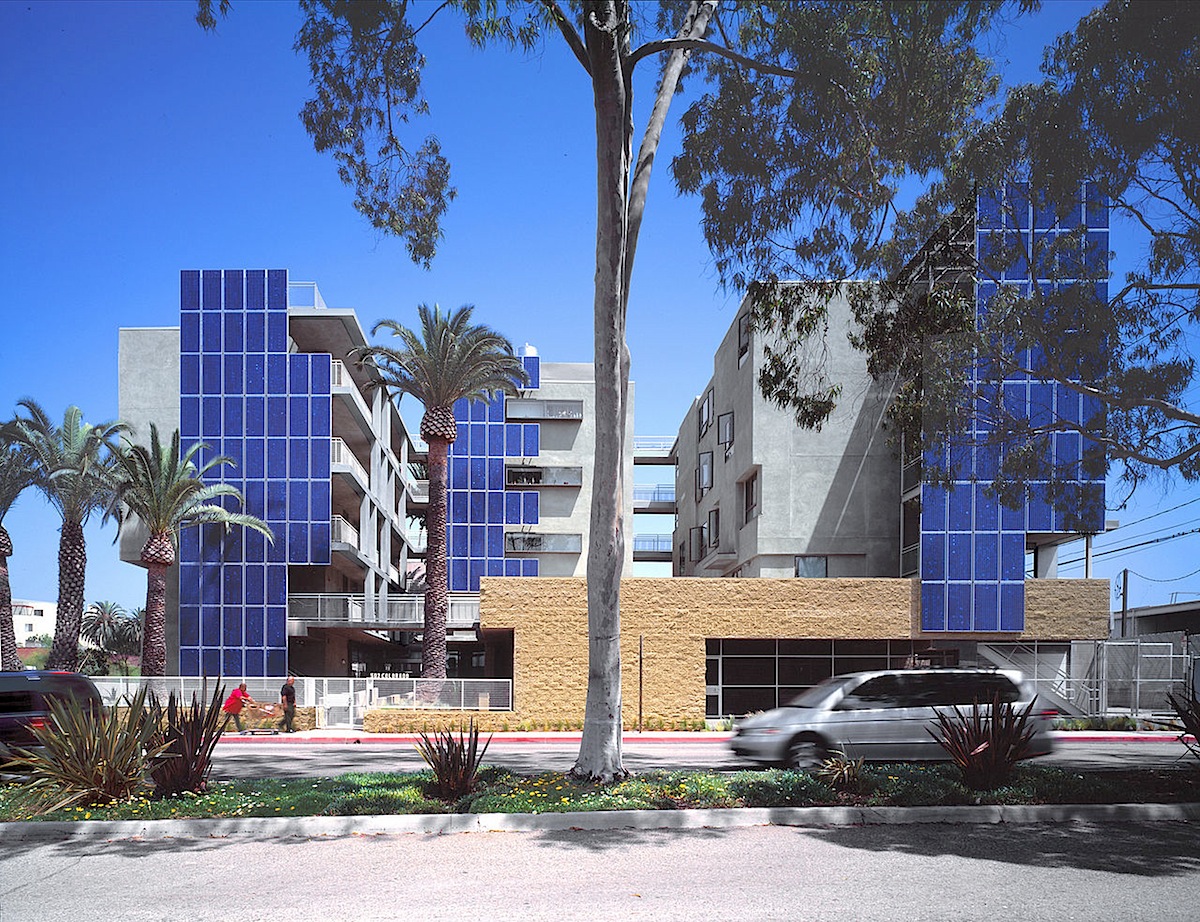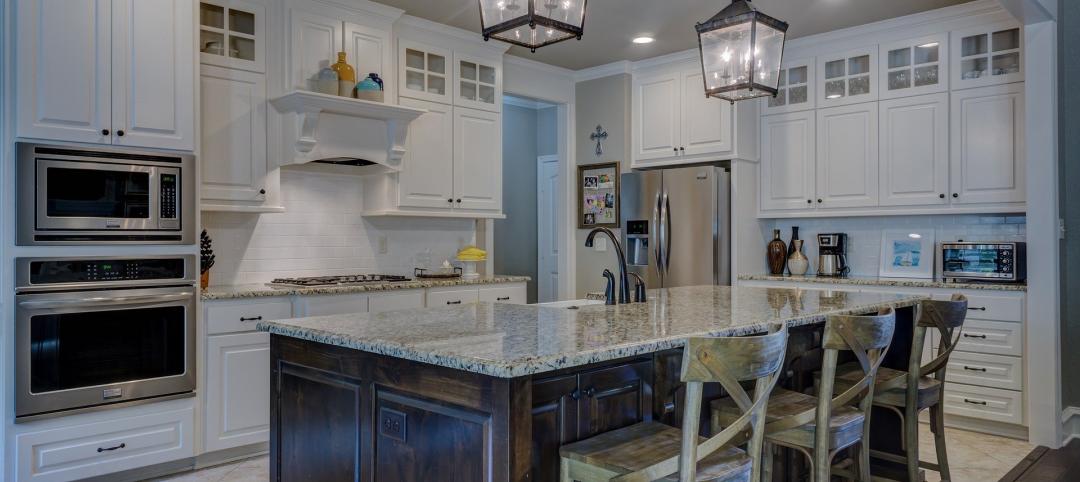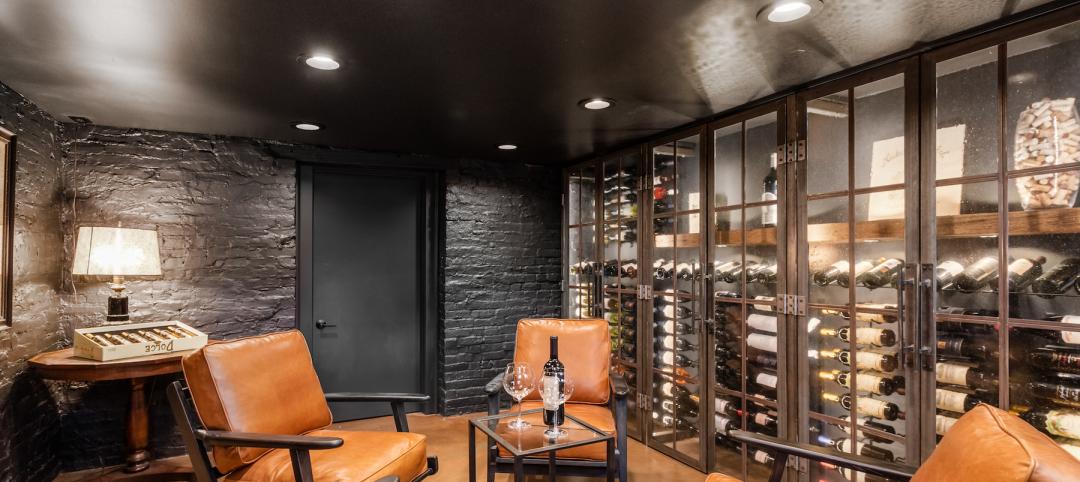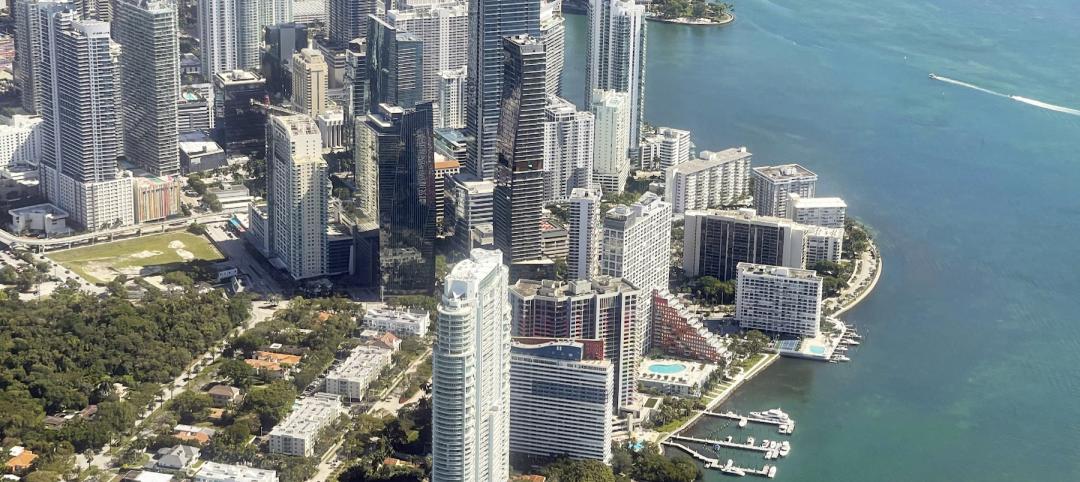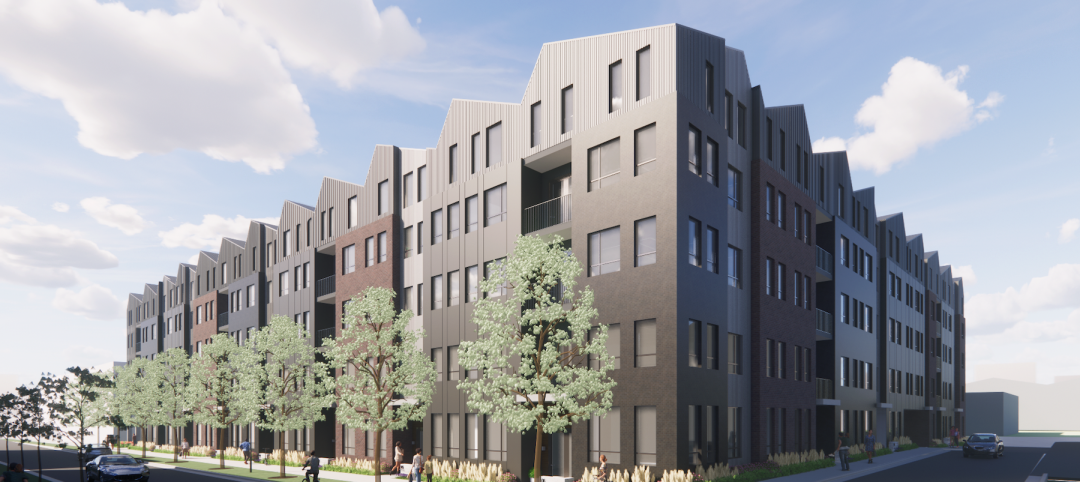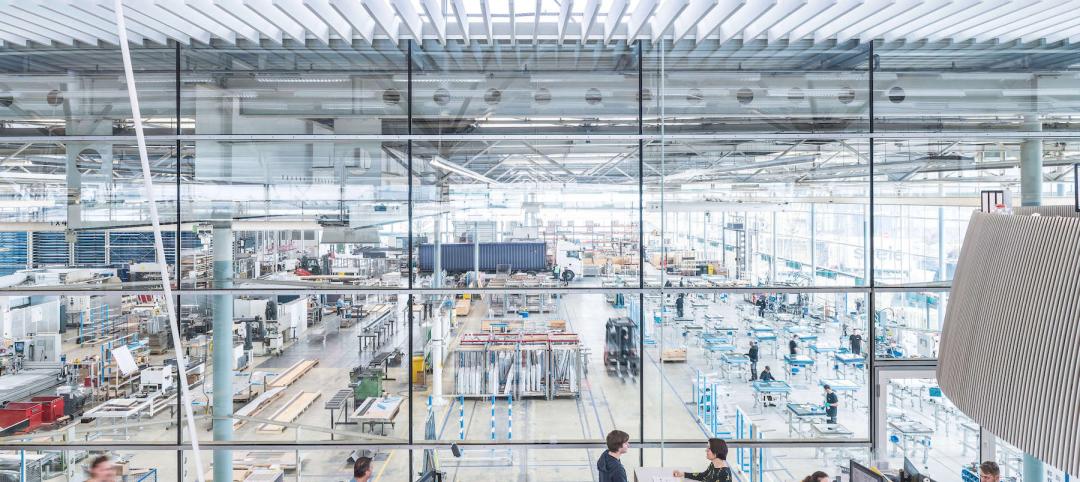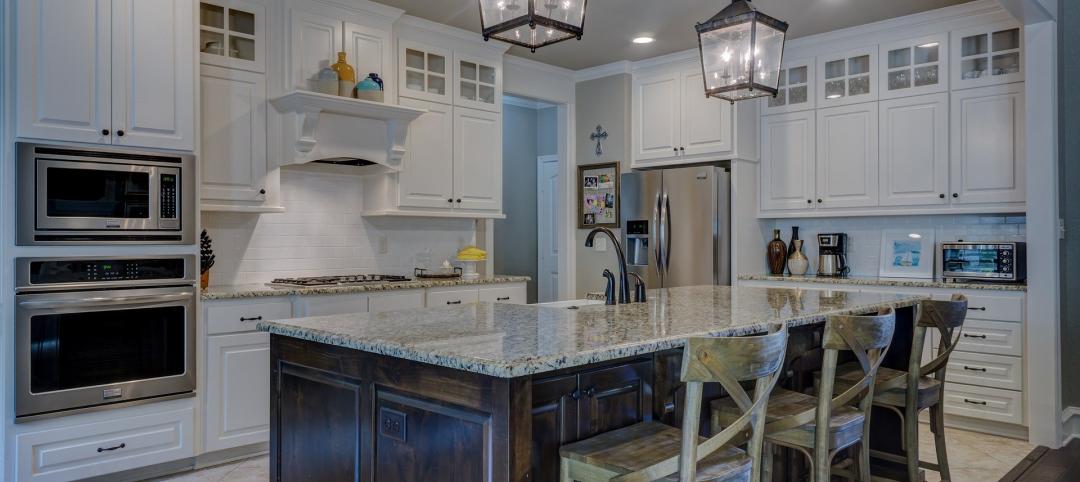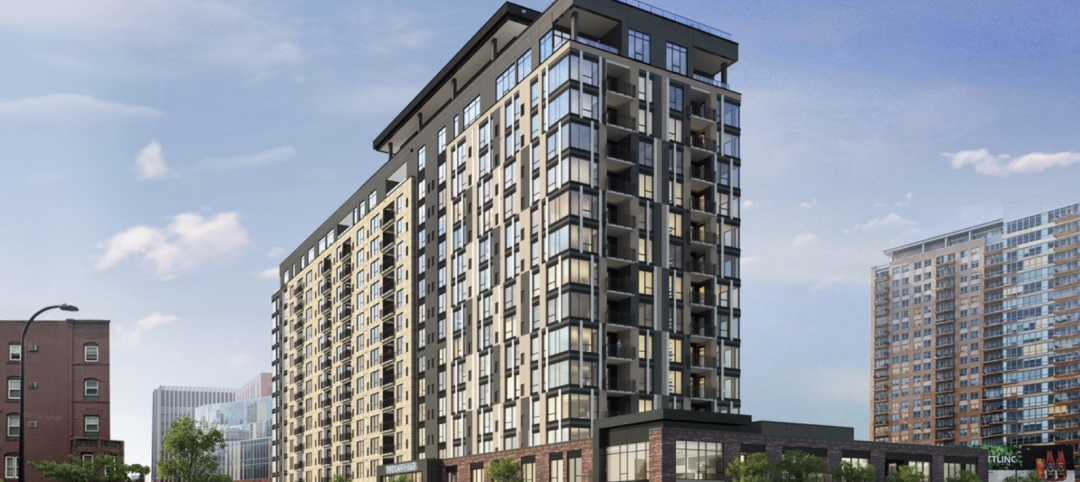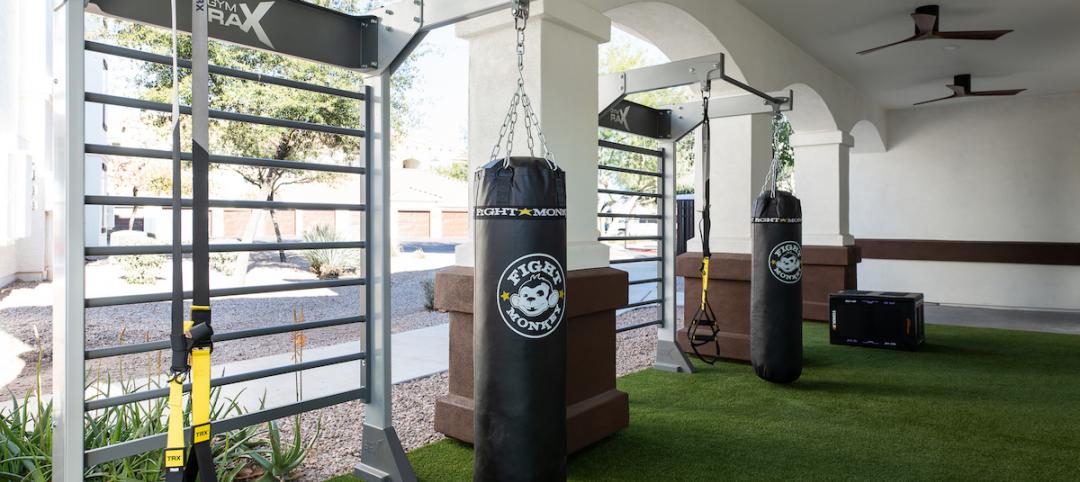The U.S. Green Building Council (USGBC) announced today that Fannie Mae will reward multifamily properties with a green building certification, such as LEED, with a lower interest rate. USGBC’s LEED green building rating system is one of several recognized certifications including Energy Star and Enterprise’s Green Communities Criteria.
For these certified properties, Fannie Mae is now granting a 10 basis point reduction in the interest rate of a multifamily refinance, acquisition or supplemental mortgage loan. For example, if the market interest rate is 4% on the multifamily loan, the new rate is 3.9% with this pricing break. On a $10 million dollar loan amortizing over 30 years, the owner would save $95,000 in interest payments over a 10-year term.
All loans financed under this lower interest rate will be also securitized as a Green MBS, growing the total volume of Green Bonds in the market for socially responsible investors to include in their portfolios. Fannie Mae is the leading provider of multifamily financing in the U.S., with a portfolio valued at more than $200 billion.
“This is a great demonstration of leadership from Fannie Mae, and the partnership between the multifamily finance industry and the green building industry,” said Rick Fedrizzi, CEO and founding chair, USGBC. “This is real money and an incentive to not only build green but also for existing buildings to achieve certification. For the first time, Fannie Mae multifamily lenders will be able to reward building owners for their better buildings.”
"Fannie Mae is leading the way in financing by offering new lower interest rates for green building certified multifamily properties,” says Jeffery Hayward, executive vice president for multifamily, Fannie Mae. “We clearly see the value in the triple-bottom line of certified green buildings: financial benefits of lower operating costs for owners and tenants; social benefits of better quality housing for renters; and environmental benefits for everyone. Our lenders are ready with financing solutions to help multifamily owners make their properties more energy and water efficient for today and for the future."
LEED buildings have been proven to have lower monthly energy and water costs, leaving more disposable income for families and creating healthier and more comfortable indoor environments for occupants. In a study from the U.S. Department of Energy it was reported that LEED buildings are estimated to consume 25% less energy and 11% less water, have 19 percent lower maintenance costs, 27 percent higher occupant satisfaction and 34 percent lower greenhouse gas emissions.
For more information on Fannie Mae’s Multifamily Green Initiative, please see www.fanniemaegreeninitiative.com.
Related Stories
Multifamily Housing | May 11, 2022
Kitchen+Bath AMENITIES – Take the survey for a chance at a $50 gift card
MULTIFAMILY DESIGN + CONSTRUCTION is conducting a research study on the use of kitchen and bath products in the $106 billion multifamily construction sector.
Sponsored | BD+C University Course | May 10, 2022
6 steps to designing a modern wine display
Design-focused wine displays are becoming increasingly popular in amazing residential and commercial properties throughout the world. Top design/build professionals are using stylish wine racks and other premium materials to create wine cellars that are too beautiful to hide in out-of-the-way places like dusty basements. This course explains why wine cellars have become so popular and the key aspects of designing an appealing modern wine cellar, broken into six planning steps that should be considered during pre- or early-construction phases.
Multifamily Housing | May 10, 2022
Multifamily rents up 14.3% in 2022
The average U.S. asking rent for multifamily housing increased $15 in April to an all-time high of $1,659, according to Yardi Matrix.
Sponsored | Multifamily Housing | May 8, 2022
Choosing the right paver system for rooftop amenity spaces
This AIA course by Hoffmann Architects offers best practices for choosing the right paver system for rooftop amenity spaces in multifamily buildings.
Building Team | May 6, 2022
Atlanta’s largest adaptive reuse project features cross laminated timber
Global real estate investment and management firm Jamestown recently started construction on more than 700,000 sf of new live, work, and shop space at Ponce City Market.
Multifamily Housing | May 5, 2022
An Austin firm touts design and communal spaces in its student housing projects
Rhode Partners has multiple towers in various development stages.
Sponsored | BD+C University Course | May 3, 2022
For glass openings, how big is too big?
Advances in glazing materials and glass building systems offer a seemingly unlimited horizon for not only glass performance, but also for the size and extent of these light, transparent forms. Both for enclosures and for indoor environments, novel products and assemblies allow for more glass and less opaque structure—often in places that previously limited their use.
Multifamily Housing | May 3, 2022
Call for Kitchen+Bath projects and products – for next issue of "MULTIFAMILY Design+Construction" (no charge to participate!)
Multifamily AEC firms and developers and product manufacturers can submit Kitchen+Bath projects and products – for the next issue of "MULTIFAMILY Design+Construction."
Multifamily Housing | May 1, 2022
Kraus-Anderson helps fill void in tight Twin Cities housing market
One project just came online, and another apartment building should be completed this summer.
Multifamily Housing | Apr 26, 2022
Fitness centers for multifamily housing: Advice from 'Dr. Fitness,' Karl Smith
In this episode for HorizonTV, Cortland's Karl Smith shares best practices for designing, siting, and operating fitness centers in apartment communities.


